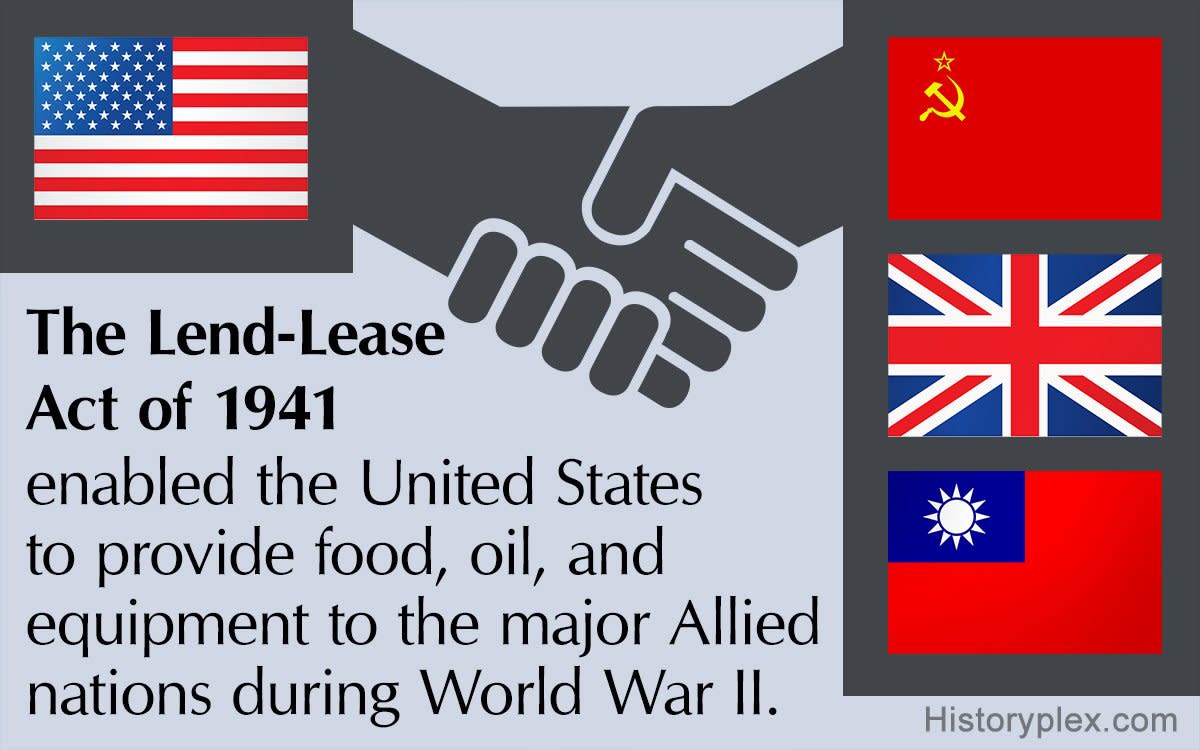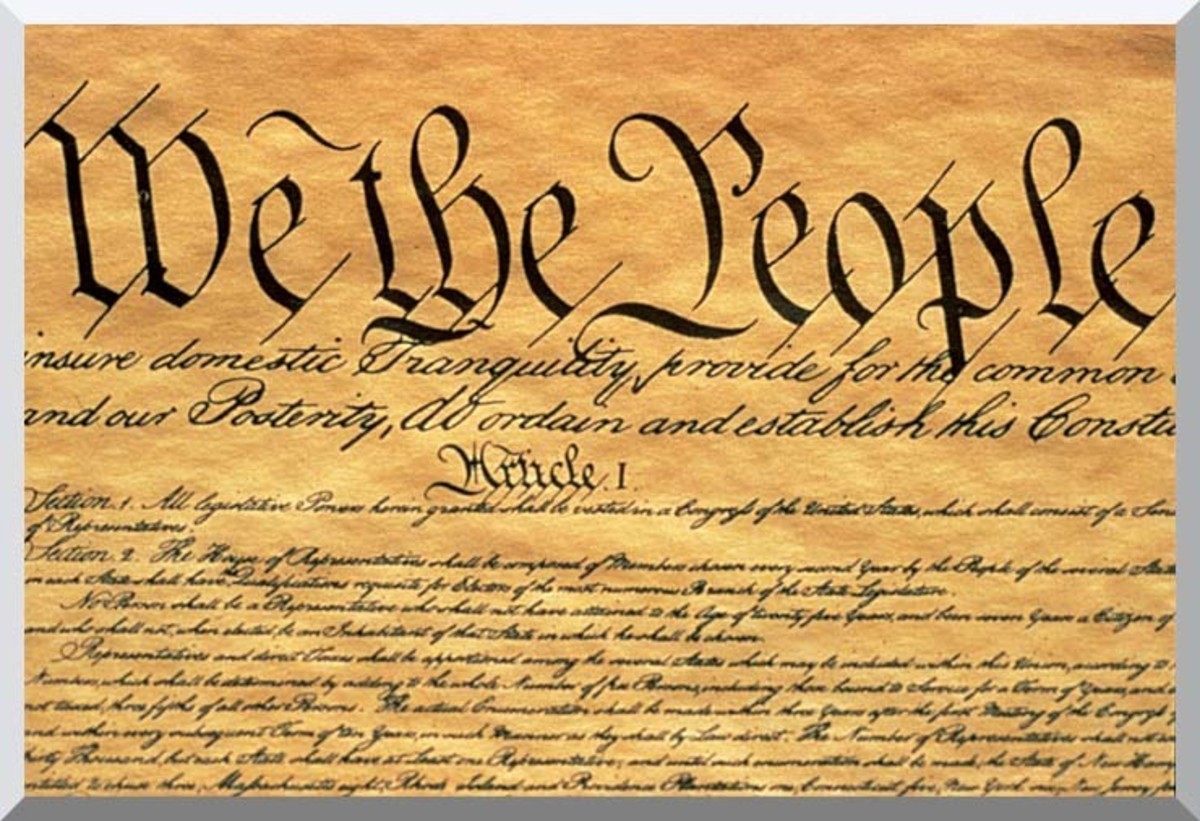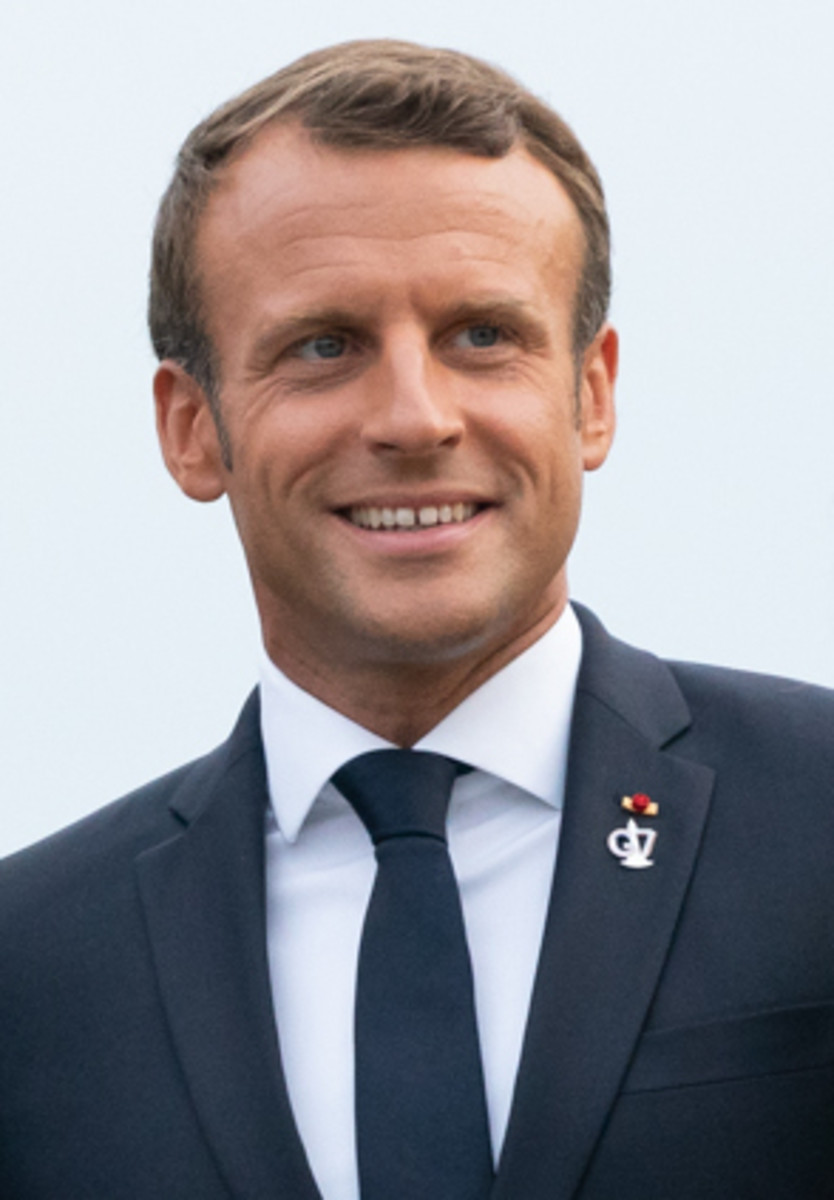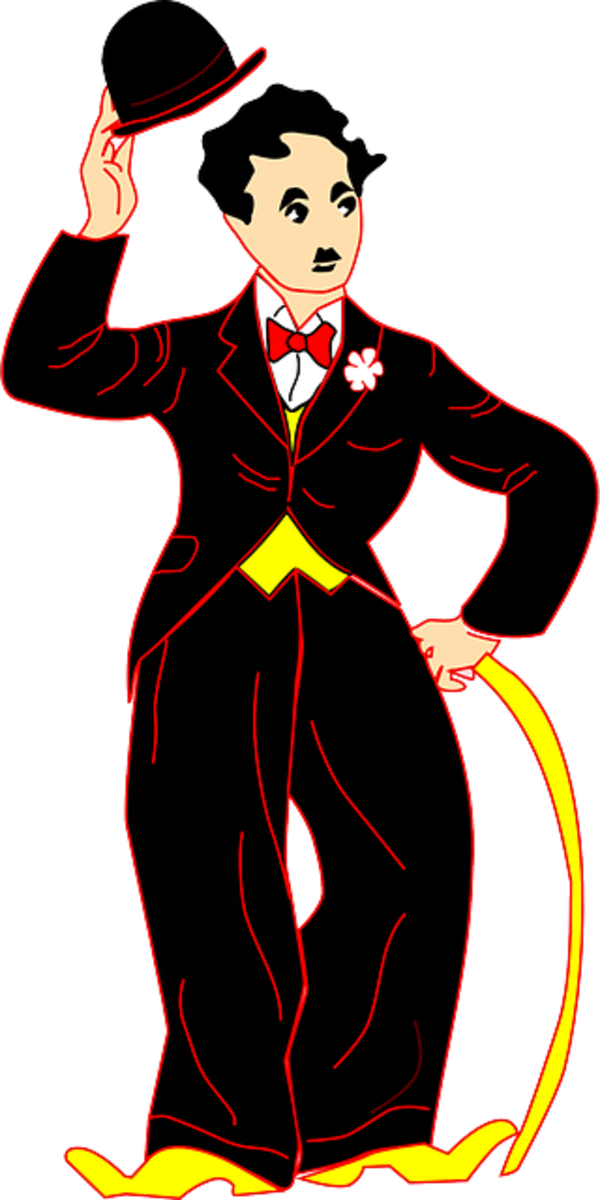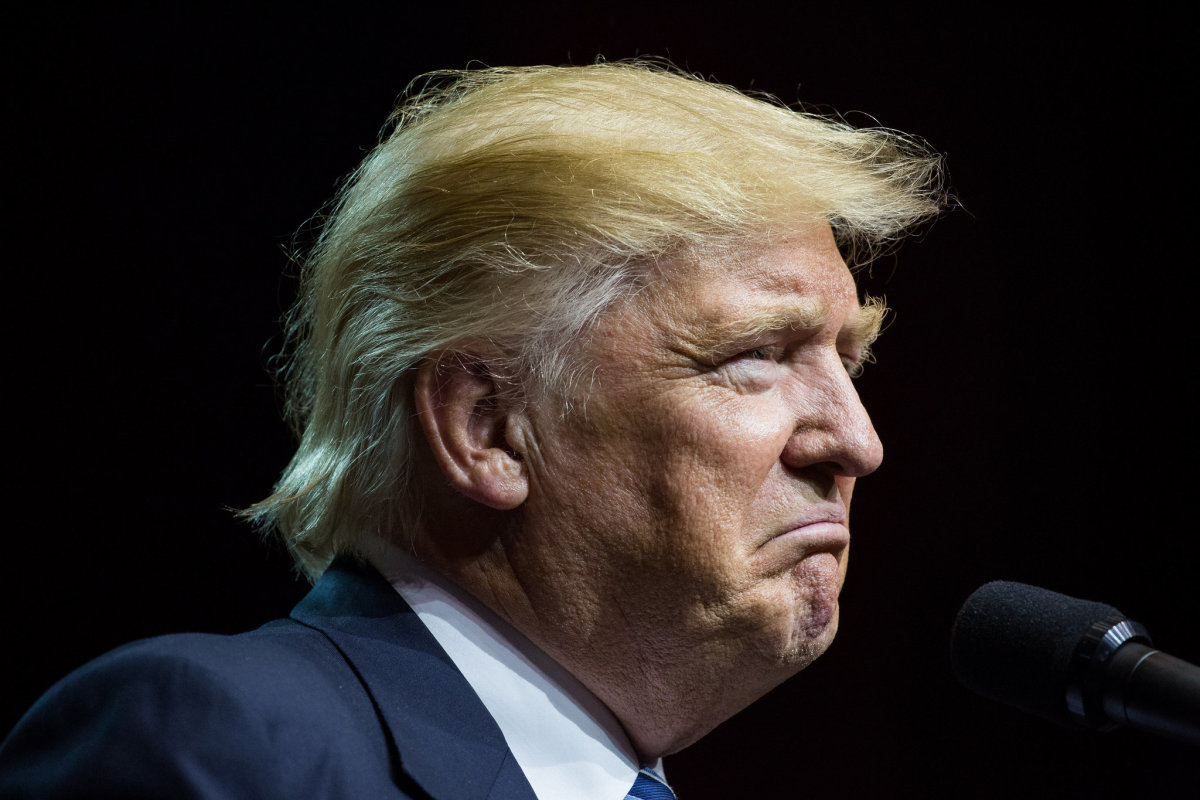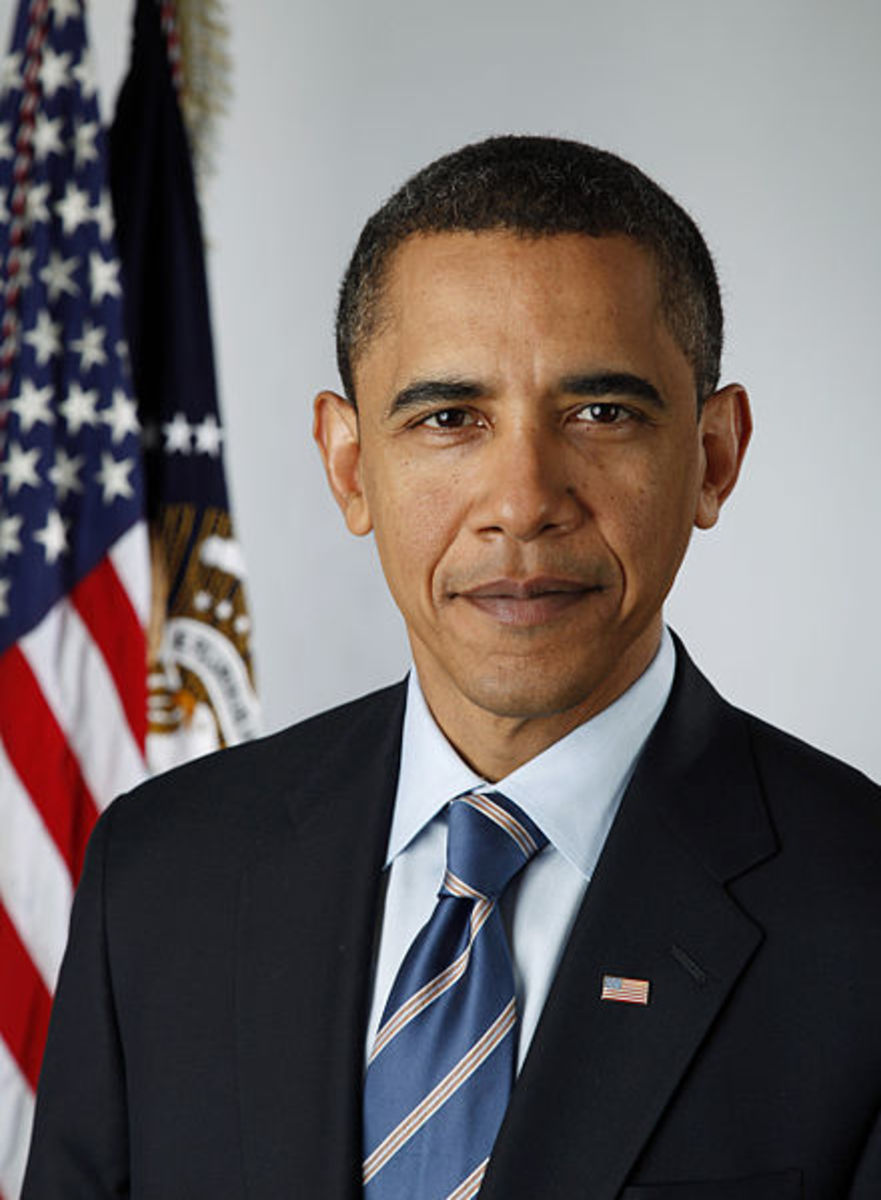Imperial Political Concepts
The United States has redoubled its efforts, since the 1980s, during the beginning of the neoliberal expansion during the era of Ronald Reagan, to contain the entire globe, to change the main political concepts considered and used by the global left against the global power of the United States. The aim was to reshape the global political culture, as it had been successfully accomplished within the United States, but not to the same level outside. While this project has been progressing steadily within the United States, since the dawn of the Cold War in the late 1940s, its effects have remained marginal to the rest of the world (with the exception of Britain, Germany, and France, although the impact on the latter has been less severe) outside the scope of the American people that had been Washing his brain. As for the 1980s, the project sought to reinforce its efforts to impose this new political culture on the international level, especially after the decline and fall of the Soviet Union.
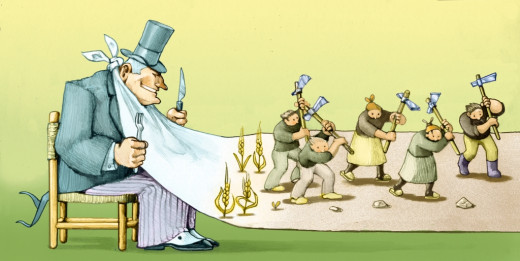
This transformative project was followed by two strategies: the first was characterized by emptying the concepts of their specificity and theoretical meanings in order to be separated and disengaged from American policies, and then re-applied in general on a global scale. Here George Orwell's concept of "the new language" or "Newspec" stands out. Let us take the main example of the Marxist concept of imperialism that has been centrally linked since the eighteenth century to capitalism and industrial capitalist countries, in their pursuit of profit by plundering the resources of other countries while dominating them economically, politically, socially and culturally.
By the 1980s and 1990s, some American national commentators (and the majority of American commentators and academics, including left-wing commentators, are more nationalistic than academics in any other country in the world) recognize that their country may be imperial, but they continued to apply the concept primarily to the Soviet Union , Which Reagan was referring to, as was Noam Chomsky, as “evil empire”. As a result of this deliberate confusion between the concept of "imperialism" and the "hegemony" of one state over another, American accusations of imperialism have recently been directed to Russia, China or even Iran! Nevertheless, American academics express their concern that Donald Trump has changed the meanings of liberal terms, disregarding the broader American project since the 1940s.
As for the fact that during the Soviet era, all Soviet allies had an average per capita income, or even a higher per capita income than the Soviet, and they were often economically subsidized by the Soviets who imported their industrial goods and exported raw materials to them. Unlike the pattern of imperial relations, this did not dispel these malicious and ignorant accusations. Indeed, Western Cold War soldiers have always spoken of before and after Reagan, to subjugate the imperial republics of Latvia, Lithuania, and Estonia after their annexation to the Soviet Union, in the 1940s, even though the three Soviet republics until the collapse of the Soviet Union enjoyed a higher share of per capita income from The rest of the other Soviet republics. If the countries under the yoke of American imperialism, in which the per capita income is a very small percentage of the average per capita income in the United States, will see an increase in their income to the same as the per capita income in the United States or higher, then one can talk about the equivalence between "Imperialism" Alleged Soviets and real and real American imperialism around the world. As for promoting examples such as Kuwait or Singapore with high incomes for its citizens (which are deprived of large numbers of foreign workers in both countries), this does not prove the opposite.
Other central leftist concepts since the French Revolution include the concept of "democracy". The United States and its national intellectuals speak shamelessly of the United States as if it were a democracy since its founding in 1776. It appears that two centuries of colonial plunder and the physical and cultural genocide of Native Americans or American Indians (who were not considered citizens until 1924, and were unable to vote until after 1948), a century of slavery followed by a century of apartheid, and a century and a half of depriving women of The right to vote is not what can influence this definition.
While the United States was in reality nothing more than the "democracy of white and male masters" at that time, this is not what "democracy" means to the rest of the world, not to mention the rest of the American people excluded from this mentioned "democracy". It is true that between 1965 and 2001 one would describe the United States as a racist and sexist “democracy” with a moderate level of political repression, but it has returned to being a more repressive racist “democracy” since then.
The United States and its national intellectuals speak shamelessly of the United States, as if it were a democracy since its founding in 1776.
Nevertheless, the level of extremism in American nationalism has reached the point that Barack Obama and Hillary Clinton speak admiringly of “our founding fathers” and “that we are the oldest democracy in the world”, a “democracy” that excluded both de facto. To understand the paradox in their sayings, you can imagine Nelson Mandela declaring that the founders of South Africa's racists, in 1910, or the founders of her apartheid regime, in 1948, are the founding fathers of democracy in South Africa, which “evolved” to include blacks after 1994!
As for the two American and European rhetoric, which are inexorable describe the Europeans and the Americans who killed tens of millions of people and enslaved tens of millions of others and tortured them in the most brutal way, as "civilized", while describing the people who were enslaved and persecuted around the world and who are fighting for liberation with The "barbarians" are an integral part of the American project. Indeed, terms such as racism - which, like imperialism were associated with the power and political and economic power of Western Europe and the United States - were emptied of their meaning and applied broadly to the rest of the world. Suddenly, if a non-white person had negative views of Europeans and white Americans, that person would be stigmatized as "racist." But the concept of European and white American racism is not only related to the terrifying and widespread racist culture in these societies, but to the institutionalization and entrenchment of this prejudice in the political and economic institutions of the authority that deny people equal rights based on racial prejudice, including the right to work, housing, and education Health care and other social services, discriminating against them in law and subjecting them to strict police repression, etc. But no state or non-white people have the power to suppress whites as a group or as a people, even if they embrace prejudiced views against whites. While the condemnation of racism has always been primarily linked to the institutions of power, the new imperial and neoliberal meaning of racism has turned it into a mere personal bias.
Indeed, in the same vein, since the 1980s, Arab, Israeli, and Western intellectuals (including Sadiq Jalal al-Azm, Fawaz Traboulsi, Avishai Margalit, Ian Buruma, and others) have begun to speak of “surprise” as the antithesis of “Orientalism”, as if There is one Arab country that has strong institutions inculcated with hatred of the West that it uses to suppress all Europeans in the same way that European imperialism has cemented the Orientalism system in its colonial and imperialist policies in the Arab and Islamic worlds (including India) the colonists. In their suggestion that “surprise” is an indication of prejudice against Westerners, these intellectuals assume that Orientalism is not a well-established epistemic system in authoritarian imperial institutions that Edward Said studied in his classic book on the subject, but rather that it is merely an individual prejudice that has nothing more to do with power.
The second American strategy was to transform the previous leftist concepts, which were used to condemn American policies against the left itself, by adopting them as official principles of the United States. This includes support for "civil society" and "political activity" in the third world, the "effectiveness" of ethnic minorities and women inside and outside the United States, "revolutions", "legitimate" governments and opposition to "foreign" occupation, unless the US or Israeli army He is doing it.
Since the 1980s, thousands of local NGOs funded by the United States and Western Europe that are subject to its political financiers agenda have been transformed into local "civil society", and their fictional salaries are portrayed as nothing more than local political "activists". In addition, talk began about the "effectiveness" of the oppressed and increasingly presenting it in defense of those who espouse imperialist and racist ideas against their own people, and whom the United States chooses as spokespersons for their peoples. Thus, on the one hand, the condemnation of the anti-Arab Lebanese advocate and supporter of imperialism Fouad Ajami is a denial of his effectiveness, and denunciation of the black American judge in the US Supreme Court Clarence Thomas, who adopts neoliberal racist views against blacks, deprives him of his effectiveness, and so forth and so forth.
On the other hand, according to many NGO staff working in the field of human rights in the third world, who are presented as “activists”, the effectiveness must be attributed to those who claim to be resisting local institutions and political power, and who are supported in their endeavors to Accepted by Western NGOs and not others, while they consider the accusation of those who cooperate with the imperial institutions and NGOs as collusion and cooperation with imperialism, that it is a "denial" of effectiveness, while accusing them of collusion is in fact an effective recognition and recognition Accused as collaborators. At the same time, the effectiveness of those who resist American imperialism in their country is routinely denied by Western-aligned "activists", who describe them as simply "agents" of alleged Russian, Chinese or Iranian "imperialists".
This discourse in the Arab press and TV media - almost exclusively owned by this regime or the Emir of the Gulf or that - has become dominant. The door to hell opens for those who ask themselves to question the new hegemonic meanings, to which all kinds of accusations are affixed and insulted, especially by the recruits of the new imperial culture on social media.
As for the “legitimacy” discourse, we find, for example, the leaders of a “Fatah” coup in the Palestinian Authority, who seized the West Bank in 2007, and removed the elected Hamas from the government as the “legitimate” party, while Hamas, which defended Its elected government in Gaza against the illegal coup leaders is portrayed as "taking over" Gaza from the "legitimate" government of the Palestinian Authority. Likewise, the semi-anonymous Venezuelan bully of Juan Guaido becomes the “legal” leader of Venezuela, while the de facto elected leaders of the country become “illegitimate”, just as the elected Bolivian president, Evo Morales, becomes illegitimate, while the US-backed criminal coup leaders are They kicked him out of power and they became legitimate rulers.
The strategy for transforming the meaning of political concepts and sabotaging global political culture generally includes terms such as the term "revolution", which is due to any mass demonstrations against a government that the United States is preparing for, and the term "terrorism", which describes any action taken by Muslims targeting American interests, whether military Civilian, but not when white commits similar acts, and the term "ideology" whereby anyone who criticizes US and Western imperial policy is accused of "ideology", while those who support it are described as "objective", "rational", "pragmatic" and "moderate".
The success of this American project can be measured by the number of intellectuals shifting from the old left to the new left, inside the United States and throughout the world, who today use these meanings imposed by the United States, and at the same time insist on describing themselves as "left". The term "left" is the term that underwent the largest transformation of the American project. Today, the term "leftist" refers to everyone who advocates the new American meanings of this old set of old leftist vocabulary, while those who still insist on exposing this authoritarian American cultural project are condemned as "anti-left", if not totally reactionary.
Hello and welcome to the new imperial system!
* Professor of Politics and History of Modern Arab Thought at Columbia University in New York, “Islam in Liberalism”, published tables for publication, Beirut (2018) and “Colonial Effects: Shaping National Identity in Jordan”, Dar Madarat, Cairo (2019).

